Category: Climate Change
-
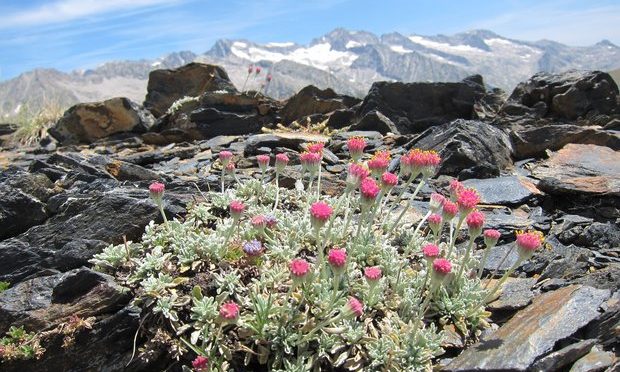
The Greening Of Mountain Tops Due To Climate Change
A large international research team has not only ascertained a considerable increase in the number of plant species on 302 European mountain peaks over the past 150 years; they have also found that this increase is accelerating. Moreover, it is certain that this development is linked to rises in temperatures; changes in precipitation and nitrogen…
-
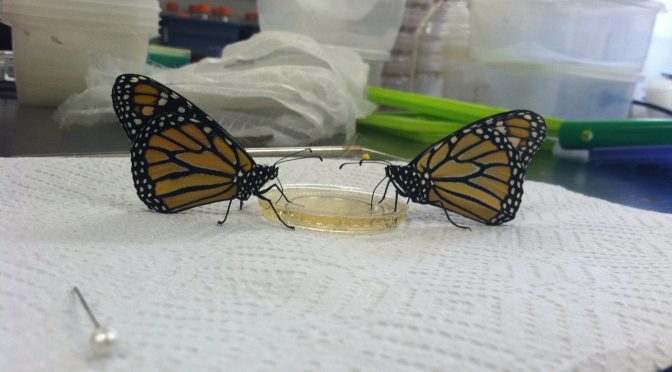
Will Climate Change Transform An Invasive Milkweed Into Monarch Butterflies’ Enemy?
In essence, with climate change, too much of a good thing becomes a bad thing, specifically when it comes to the tropical milkweed plant. The native A. incarnata milkweed naturally produces fewer toxic chemicals than the tropical milkweed, but warmer conditions don’t radically change these levels. Under conditions of global warming, monarchs feeding on the…
-
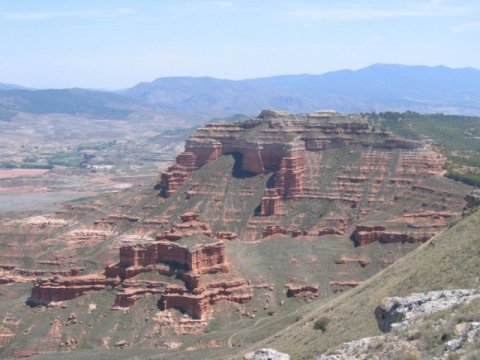
Understanding The Future By Looking Backward At Ancient Plants
“Our new approach to quantifying ancient atmospheric moisture content relies on the fundamental properties of plant leaves, and how they alter their protective waxy coverings in response to water stress. These leaf waxes are tough and resistant, and are regularly found as what we call biomarker compounds in ancient river, lake and even marine sediments.”…
-
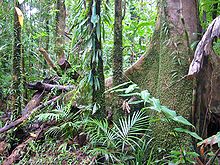
Trees In Moist Tropics Are Dying Faster Then Ever Accelerating Climate Change
The trees that are able to cope in a warmer world by absorbing more carbon dioxide are at higher risk of death in multiple ways. Bigger trees are more vulnerable to lightning strikes and damage from high winds, and they must consume more water than their smaller counterparts. All that places them at greater risk…
-
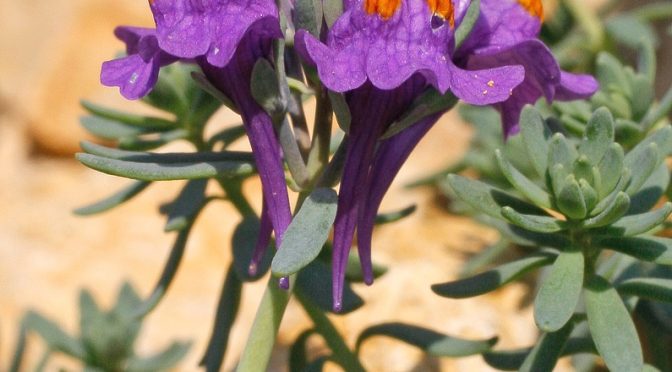
Why Are Some Plants Rare? Look To Their Ability To Adapt To Soil Microbiome
Rare plant species suffer more from disease than commoner species. The fact that rare species are more susceptible to attack by micro-organisms living in the soil, such as fungi and bacteria, may in fact be one of the reasons they are rare. Biologists have been trying to work out why some species are rare, while…
-
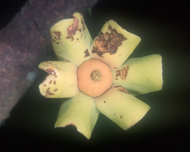
Trees Show That Major Geological Changes Caused Amazon’s Great Biodiversity
The research has produced a biogeographical scenario that confirms in this context the significance of the geological history of north-western South America during the late Miocene and early Pliocene periods about 5 to 10 million years ago. “We have actually discovered that the diversification of these two plant genera took place in parallel with major…
-
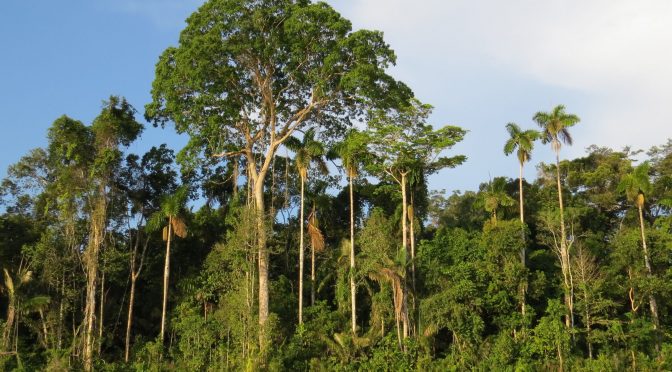
It’s Complicated. Over-Hunting Of Tropical Animals Destroys Forests And Carbon Sequestration? Maybe.
But the long-term implications for biodiversity and the biomass of forests are not yet clear. And the expectation that without their dispersers, seeds of these plant species will land in the “kill zone” of insects and diseases under their parents and be replaced by other species that store less carbon, culminating in huge decreases in…
-
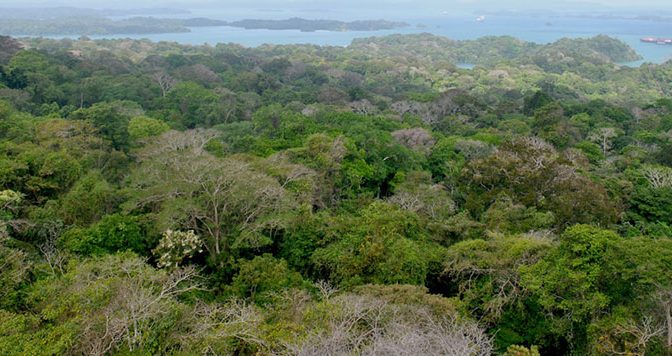
The Last Place You’d Look: Climate Change Is Affecting Even Tropical Forests
“Tropical forests have evolved in generally stable climates, So while they may not be warming as much as some higher-latitude ecosystems, these tropical species appear to be much more sensitive than we might have expected.” (Click on title for full story.)
-

Decomposed Plant Parts Sequester Carbon In The Soil. How Long The Carbon Is Retained Depends On The Details
This research helps bridge the gap between studies of how leaves and other plant litter decompose and soil organic matter, which contains decomposed litter and other bio-based materials. The study builds this bridge by tracing how litter becomes soil organic matter over a decade. The results back a paradigm shift in our understanding of soil…
-

Fossil Arctic Forests May Reveal Climate Change Future
“The geologic record shows us the beginning, middle and end of climate change events,With further study, we can better understand how greenhouse gases and climate change affect life on Earth. (Click on title for full story.)
